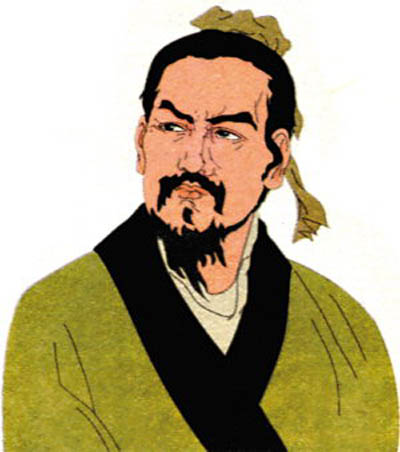
Legalism is a political philosophy that does not address higher questions pertaining to the nature and purpose of existence. It is concerned with the most effective way of governing society. The legalist tradition derives from the principle that the best way to control human behavior is through written law rather than through ritual, custom or ethics. The two principal sources of Legalist doctrine were the Book of Lord Shang and the Han Fei-tzu. The Book of Lord Shang teaches that laws are designed to maintain the stability of the state from the people, who are innately selfish and ignorant. There is no such thing as objective goodness or virtue; it is obedience that is of paramount importance.
The Han Fei-tzu advocates a system of laws that enable the ruler to govern efficiently and even ruthlessly. Textbooks apart from law books are useless, and rival philosophies such as Moism and Confucianism are dismissed as "vermin". The ruler is to conduct himself with great shrewdness, keeping his ministers and family at a distance and not revealing his intentions. Strong penalties should deter people from committing crime. His main philosophies also include:
-- Having Regulations
No country is permanently strong. Nor is any country permanently weak. Any ruler is able to expel private crookedness and uphold public law, finds the people safe and the state in order; and any ruler able to expunge private action and act on public law, finds his army strong and his enemy weak.
To govern the state by law is to praise the right and blame the wrong. The law does not fawn on the noble. To warn the officials and overawe the people, to rebuke obscenity and danger, and to forbid falsehood and deceit, nothing could match penalty. If law is definite, the superiors are esteemed and not violated. If the superiors are not violated, the sovereign will become strong and able to maintain the proper course of government. Such was the reason why the early kings esteemed Legalism and handed it down to posterity.
-- The Two Handles
The means whereby the intelligent ruler controls his ministers are two handles only. The two handles are chastisement and commendation. To inflict death or torture upon culprits, is called chastisement; to bestow encouragements or rewards on men of merit, is called commendation.